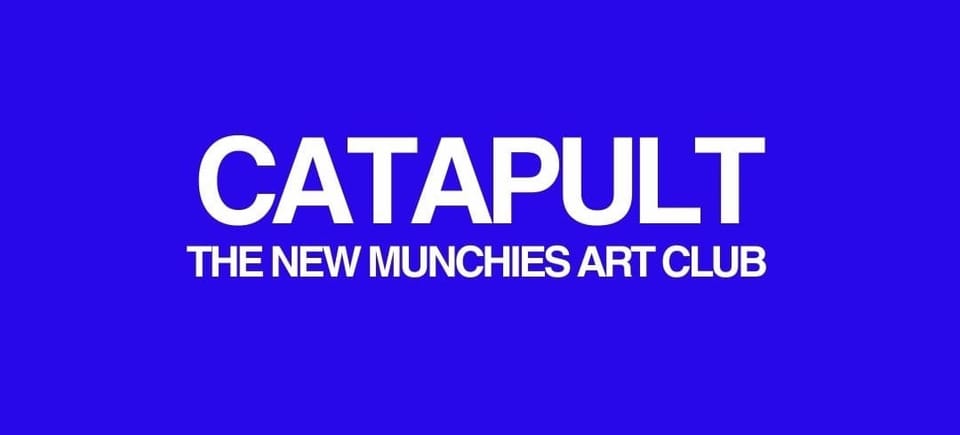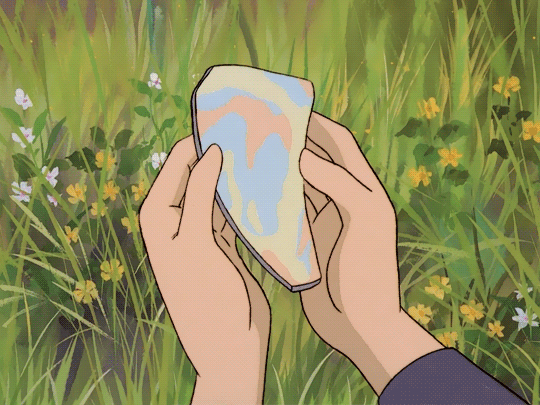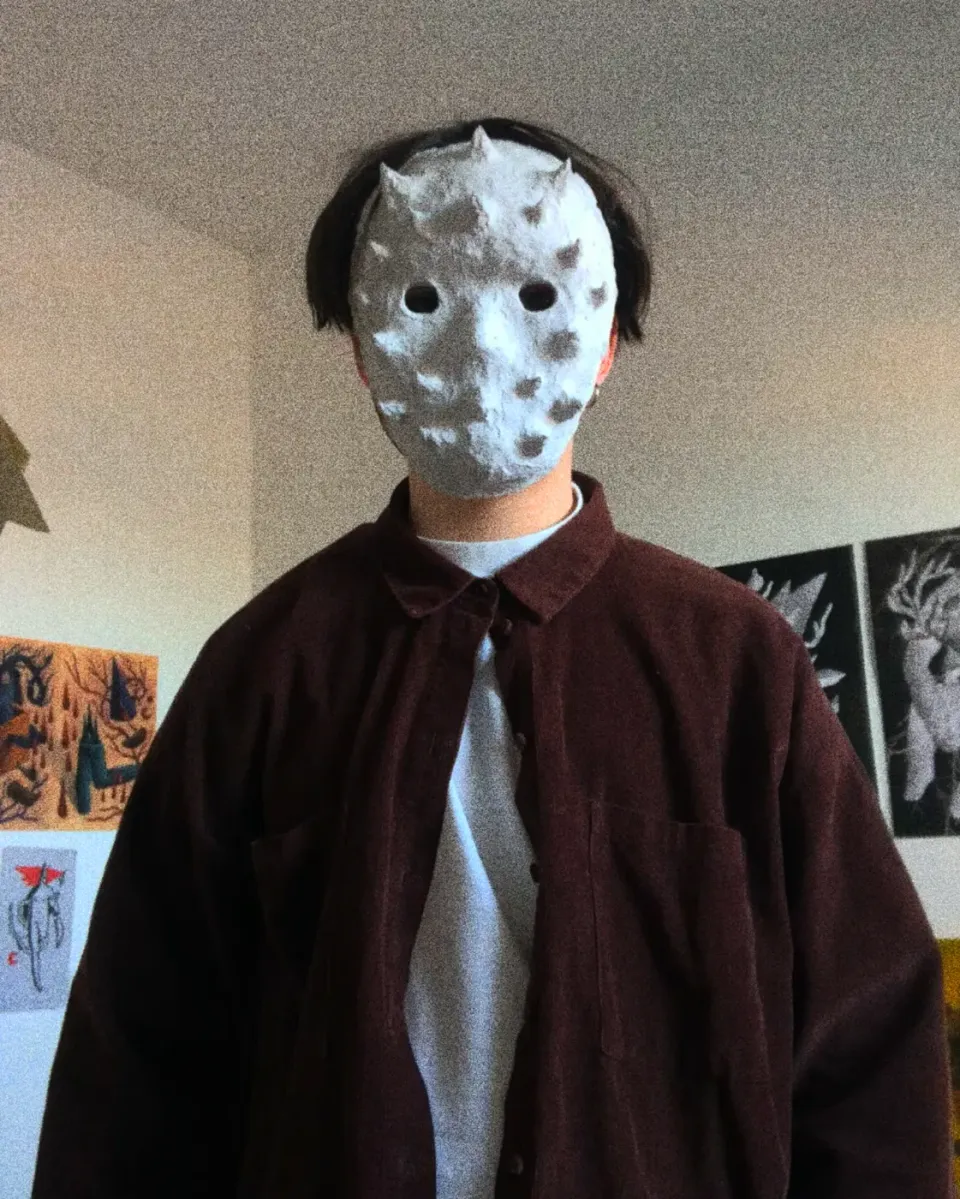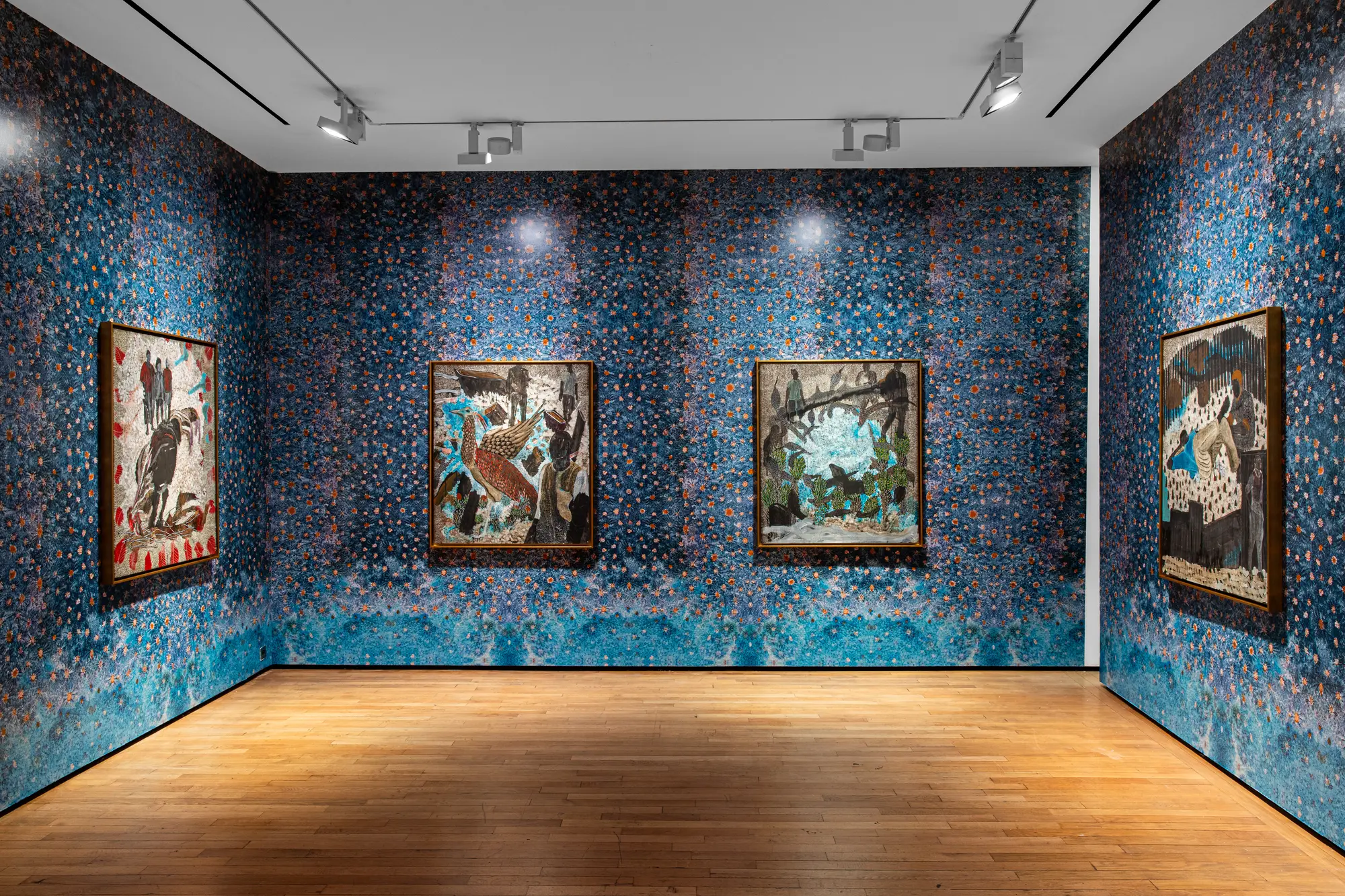Neue Gallery Graz " A Playground guide to getting Lost" Curated by Lina Albrikiene

A PLAYGROUND GUIDE TO GETTING LOST | PRIZE OF THE PROVINCE OF STYRIA FOR THE PROMOTION OF CONTEMPORARY VISUAL ART CURATED BY LINA ALBRIKIENE
Every two years the "Prize of the Province of Styria for the promotion of contemporary visual art" prize is celebrated.

Neue Galerie Graz
Munchies Art Club Magazine was present at the award ceremony that took place in Graz this May.
Zweintopf ( Eva and Gerhard Pichler), Georg Haberler , Ernst Koslitsch, Alfred Lenz, Beate Gatschelhofer, Ute Müller, Armin Pichler, Kamilla Bischof, Alfredo Barsuglia, Daniel Hafner, Veronika Hauer, Rene Stiegler.
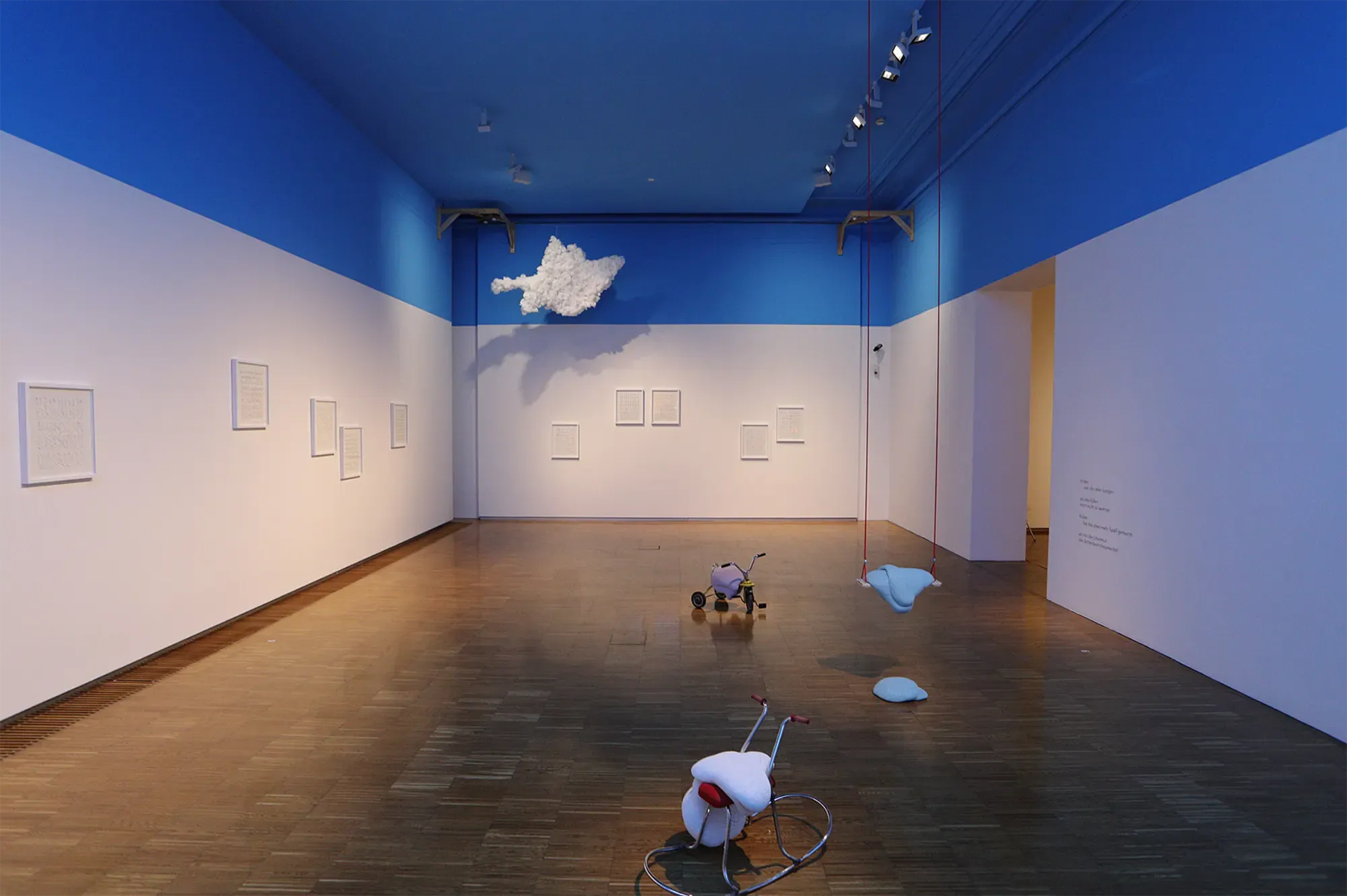
In 2021, the Neue Galerie Graz in the Landesmuseum Joanneum invited the Lithuninan based Curator Lina Albrikiene to work with them, for the exhibition "A Playground Guide to getting Lost" for which she made an exquisite selection of 12 Styrian artists.
The Promotion Prize of Styria for Contemporary Art is an esteemed award by the State of Styria, recognizing contemporary artists with ties to the region.
It acts as a barometer for the local art scene, supporting artists who significantly contribute to contemporary art.
The prize facilitates artists' development and international exposure, with many recipients gaining worldwide recognition. This award underscores Styria's role as a key hub for contemporary art and its practitioners.

The winner of the "Prize of the Province of Styria for the promotion of contemporary visual art" is the artist Georg Haberler.
In addition to the main prize there was also the purchase prize which went to the artists Ute Müller and Ernst Koslitsch.
There were also work grants given to Zweintopf (Eva and Gerhard Pichler) and Alfredo Barsuglia.
Veronika Hauer received the Contempus Prize, Alfred Lenz the Viktor Fogarassy Prize, and last but not least, Beate Gatschelhofer went home with the Edition-Atelier prize.

A book with an exciting story about the idea of the exhibition, the promotion prize and of course the positions of the individual artists has been published for the exhibition.
In addition to our stay in Styria, we enjoyed the city, the weather was perfect and we came back filled with so many positive impressions of the City and its people.
ABOUT THE CURATOR: LINA ALBRIKINE
About the exhibition at Neue Galerie Graz | Lina Albrikiene
Lina Albrikiene is a talented curator and artist.
She was employed at the Radvilla Palace Museum of Art which is part of the Lithunian national museum of art in Vilnius.

She was invited by the Neue Galerie to select the winners, scholarship holders and awards from the submissions.
It was impressive how she put together a wonderful, unique exhibition in the form of "A Playground Guide to Getting Lost" and created an excellent thematic show.

Munchies Art Club has opened their arms to Lina, inspired by her drive, her motives and her temperament.
We are thrilled that Lina is working on a feature for us where she shares her work, her artistic path and her passion for the arts.
A PLAYGROUND GUIDE TO GETTING LOST | ABOUT THE EXHIBITION
The title of the exhibition, A Playground Guide to Getting Lost, suggests three possible clues to explain the show.
The playground signifies childhood and its memories, as well as the experience coming from that past that leads us to emotions, feelings, primary knowledge; guide alludes to possible paths, destinations, as well as the uncertainty and assistance needed, inevitable elements of life, especially nowadays; getting lost, a term which is not yet explicit, and which depends on how the two previously suggested concepts are interpreted in each person’s mind.

It may be that a constructive guide will hint at certain reminiscences and will evoke such diverse emotions as fun or sadness, humour or seriousness.
Other visitors might well get lost in the field of their insight—or find the key to it as an unanswered misery.
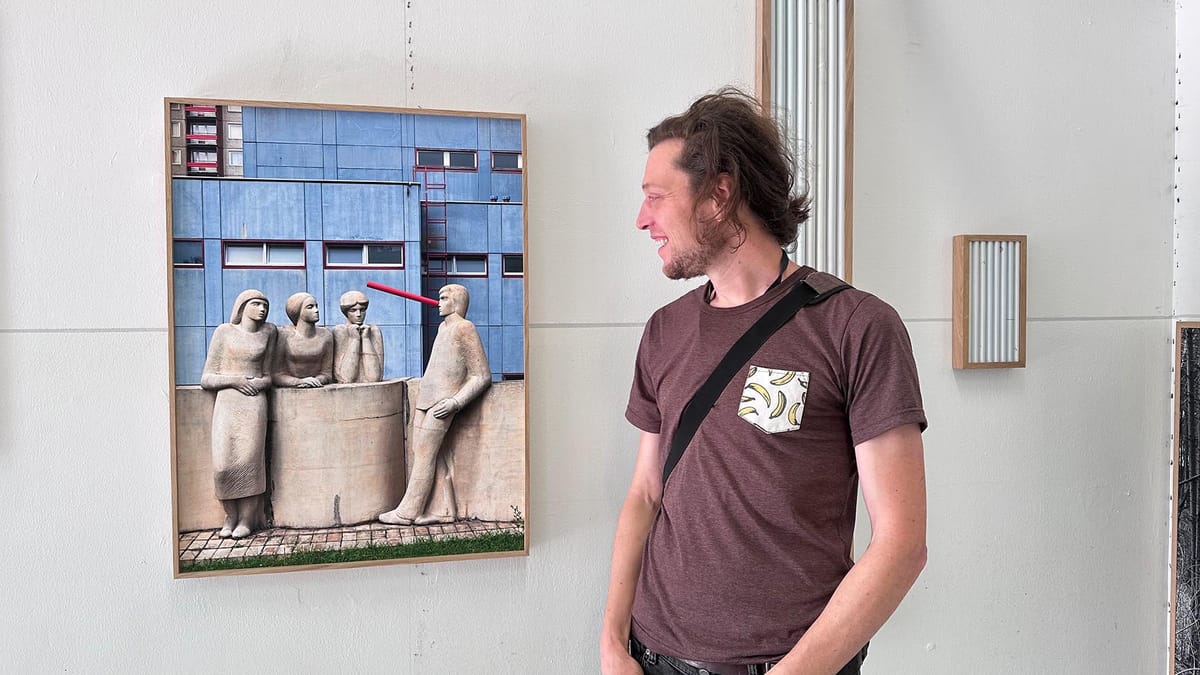
Read more about the Artist Couple "Zweintopf"
Ultimately, a sense of absurdity will likely be awakened.

ARTIST OVERVIEW | A PLAYGROUND GUIDE TO GETTING LOST
For the Promotion Prize of the Province of Styria for Contemporary Fine Arts 2021 competition, 12 artists have been selected for the group exhibition in which they present diverse media art works including (sound-)installations, video, sculptures, posters, paintings, objects and ceramic works.
ALFREDO BARSUGLIA WITH " THE BIG PROMISE"

Next to the fountain, which does not differ significantly from others of its kind, can be found a sign on which is written: The more money you throw into the fountain, the more luck you will have.
The sentence reads like an advertising slogan or the logical course of action to obtain happiness.
A promise, the keeping of which cannot empirically be proven, like so many other promises in society based on capitalist values, is thus valid.
In our society, wealth is seen as a guarantee of happiness. Expensive things are seen as more valuable, given positive connotation. The result is the simple equation: the more money you have, the happier you are.
KAMILLA BISCHOF | CONTEMPORARY PAINTING

At the centre of Kamilla Bischof’s artistic practice lies painting.She also writes prose and creates furniture sculptures, which a reused in exhibition contexts.
She experiments with performance and film in collaborative projects.
Figurative scenes are represented on her mostly large-format canvases, for example, female figures, animals or other characters that make use of everyday objects or pose in interior landscapes—domestic scenes that stray into the surreal.
Often drawing her motifs from her immediate surroundings, Kamilla Bischof works with found objects and things that come from the world of products. Objects are reworked and placed in relation to one another.
BEATE GATSCHELHOFER | OBJECTS AND INSTALLATIONS

It used to be more fun is a series of sculptural objects that have arisen over several years and which are continually being added to in terms of the number of objects.
Finds of antiquated play equipment are retained in the condition they were found in, already played upon, then adapted and taken over by metamorphic, melting ceramic objects.
At a place where once childhoods were lived out can now be found cracked, harsh objects—moments frozen in their fluidity, playing with one’s ideologised memory of days gone by, in a manner both melancholic and poetic.
By combining text and object, a reciprocal, narrative gesture is created.
GEORG HABERLER | STITCHED DRAWING ON CANVAS

Georg Haberler works with black and white sewing thread, textiles and a colourful palette of inks to create mixed-media paintings full of abstract and representational elements.
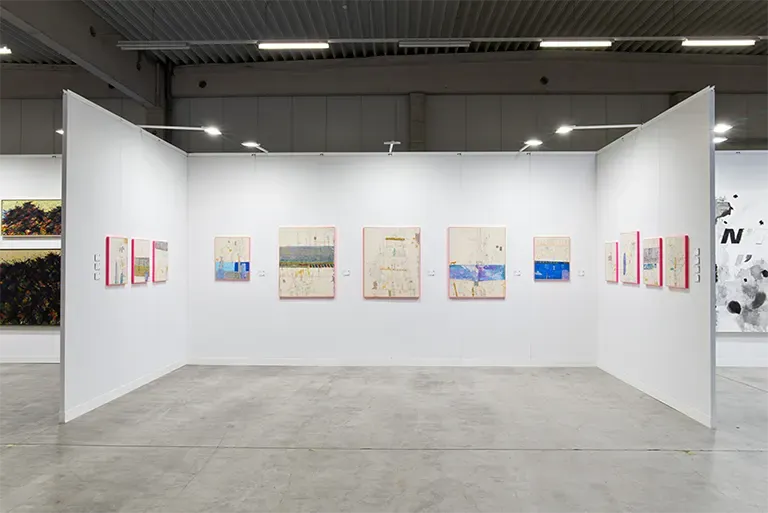
Discover Georg Haberler with Munchies Art Club Magazine
These elements are often arranged so that they seem to need each other, to be playing with each other.
Yet, from element to element, they fluidly follow the dictate of a painterly logic. As such, Georg’s works are endlessly captivating.
DANIEL HAFNER | INSTALLATION AND DRAWING

Three Vaccum Cleaners And Oversize Hoses. Piles of leaves and several vacuum cleaners with hoses that are far too long form a scene that originates from a surreal dream.
Daniel Hafner finds out that if sufficient air flows through, some types of hose of a certain length produce loud, resonating frequencies.
Using a system deriving from staging technology, he is able to continually regulate each of the vacuum cleaners.
This forms the basis for Hafner’s ‘score for three vacuum cleaners and oversize hoses’.
What emerges is a spatial audio piece that includes engine noises and different resonance frequencies from the tubes super-imposed upon each other.
VERONIKA HAUER | CONCEPTUAL ART

In Hauer’s objects, a letter and part of a body merge: the first letter of the body part depicted emerges from the cast of a hand, a foot, an ear (e.g. L for leg, E for ear).
Or a child’s fist clenched into the symbolic hand gesture of the fig sign grows from the trunk of a letter.
ERNST KOSLITSCH | OBJECTS, PAINTING AND DRAWINGS

The artist Ernst Koslitsch works consistently on his ever-growing project Yellow Universe.
This universe depicts a parallel fantasy world, a fictional culture, and a mysterious society.
-> Bookmark
For his sculptures, the artist utilises used yellow painted wooden panels that he finds on construction sites.
ALFRED LENZ | INSTALLATION

The work deploys the methods of political disinformation in a conceptual way, exposing the workings whereby global opinion is formed.
With the help of invented statistics, Alfred Lenz prompts us to question the truthfulness of the media we consume.
UTE MÜLLER | INSTALLATION AND PAINTING

Evocatively Nuanced And Curiously Alive, Together With The Inter-Lacing Lines And Forms, Stratified Greys On Her Canvases Envelop The Viewer’s Perceiving Body Into The Folds Of Their Ever-Shifting‘volume.’ The Particular Type Of Tempera She Uses Also Amplifies This Absorptive Volume, For It Makes The Whole Surface Extra Sensitive To The Changing Effect Of Surrounding Light. The Situational Connectedness Constantly Restructures Itself In Response To The Tripartite Relationship Between The Paintings, The Viewing Body, And Their Environment. Small Additional Sculptural Pieces That Seem To Echo Or Generate From Hidden Forms In Her Canvases—Reminiscent Of What Melanie Klein Called ‘Part Objects’—Further Accentuate This Sense Of Connectedness In Their Organic Like Appearances. Overall, All The Elements Around Us Work Together To Transform The Whole Space Into An Aesthetic Echo Chamber Whose ‘Volume’ Never Stops Murmuring About The Dream They Them-Selves Are Breathing. Michio Hayashi
ARMIN PICHLER | IN BETWEEN

In between—being in between: between heaven and earth, between freedom and security, between playing and working, between things you can change and things you are at the mercy of.
A swing whose seat hangs on a chain that is far too long, that has drawn or even dug a furrow in the ground, that disappears into the soil.
RENE STIEGLER | INSTALLATION

After completing his technical education as a mechatronics engineer, René Stiegler studied Industrial Design at the FH Joanneum in Graz.
Following his master’s degree in 2016, he worked as a designer and attended the master class for sculpture at the Ortweinschule Graz.
Since 2021 he has been studying in Alexandra Bircken’s class at the Academy of Fine Arts inMunich. His practice consists largely of a combination of self-exploration and analysis of a wide variety of philosophical and psychoanalytic concepts.
ZWEINTOPF | ARTIST DUO FROM STYRIA

